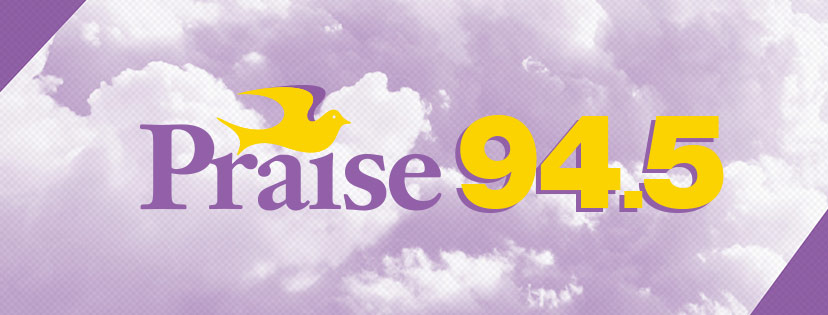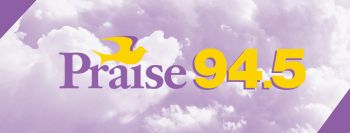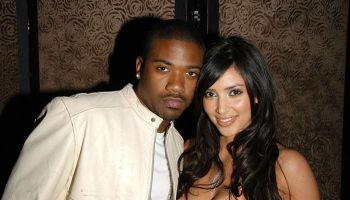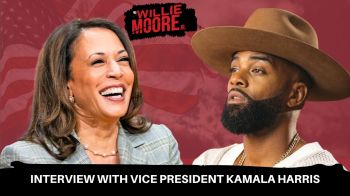The recent death of a newsman drew some unlikely praise from those who admired him. And it wasn’t just for his skills as a writer and reporter.
McCandlish Phillips was also a religious man who left The New York Times at the top of his game to become an evangelist.
In his obituary, the Times said that Phillips had written one of the paper’s most famous stories — revealing that a Ku Klux Klan leader in New York was also an Orthodox Jew. But the story also highlighted another characteristic that made Phillips stand out in a secular newsroom:
“An evangelical Christian, he kept a Bible on his desk and led prayer meetings for like-minded colleagues (there were none when he joined the paper, he noted ruefully) in a conference room off the newsroom.
“He refrained from smoking, drinking, cursing and gambling, each of which had been refined to a high, exuberant art in the Times newsroom — the last of these to such a degree that at midcentury the newspaper employed two bookmakers-in-residence, nominally on the payroll as news clerks.”
Is that still a rarity today?
Carl Cannon, Washington editor of RealClearPolitics, thinks so.
“Although the number fluctuates, some 40 percent of the American people describe themselves as evangelical Christians. Yet in traditional U.S. news organizations, print or broadcast, such believers are a rarity,” Cannon wrote in his first installment of The Problem with the Press. “The news coverage tends to reflect this disconnect. Evangelicals are often dismissed, particularly in political reporting, as exotic; or, worse, as a menace to civil society.”To make a case that budget cuts and a lack of Bible literacy has affected the quality of religion reporting, Cannon detailed examples of coverage during Holy Week that were “so inaccurate and off-key that they comprised a kind of impromptu ‘Gong Show.’ “
CLICK HERE to read story
article courtesy of Joy105.com












